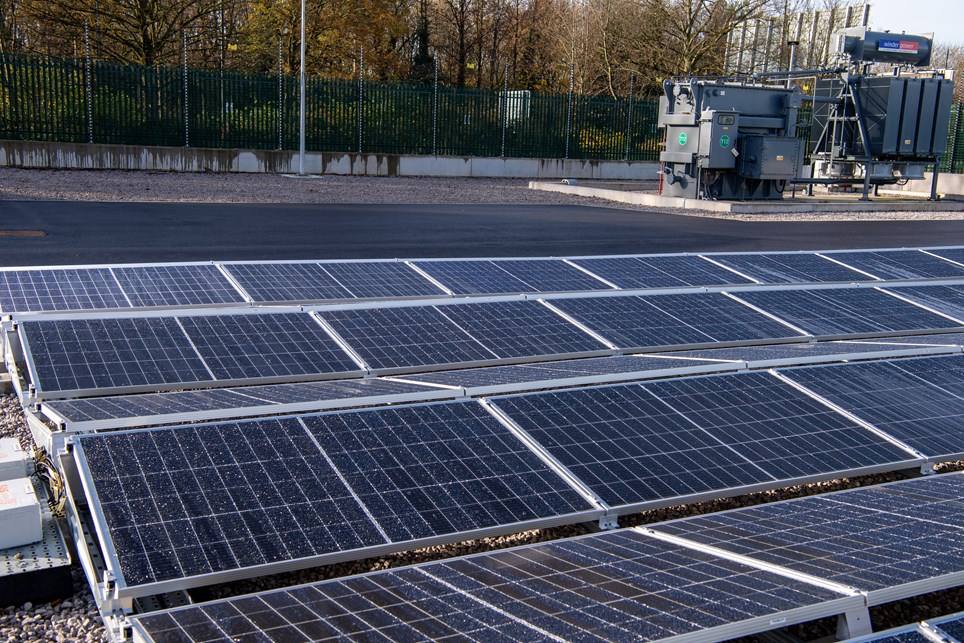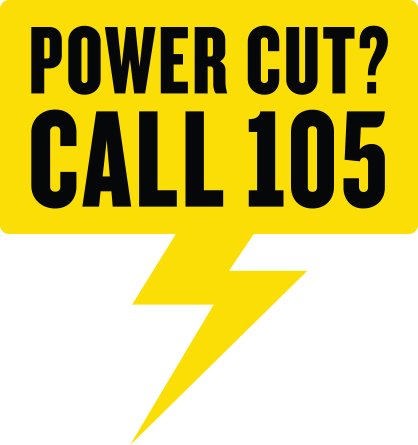What are low carbon technologies?
Low carbon technologies are those that produce or use energy in a way that reduces greenhouse gas emissions. Some examples of low carbon technologies include:
- Electric vehicles: Electric vehicles run on electricity, which is a cleaner fuel than petrol or diesel.
- Solar panels: Solar panels convert sunlight into electricity, making them a clean and renewable source of energy.
- Heat pumps: Heat pumps use electricity to transfer heat from one place to another. They can be used to heat homes and businesses and can be a more efficient and environmentally friendly alternative to traditional heating systems.
- Energy storage: Energy storage technologies can store energy produced by renewable sources, such as solar and wind power.
Before installing any low carbon technology, it's always a good idea to chat with us first. We have a team of knowledgeable people on hand ready to answer any questions you may have. Early engagement with us on your plans for the future also helps inform network capacity requirements so we can make sure that is available when and where our customers need it.
How Electricity North West is facilitating low-carbon technologies?
To support the adoption of low carbon technologies we provide businesses across the North West with the guidance and know-how to understand the connection process, highlighting grants and schemes available and helping to address the barriers to adopting low carbon technologies.
By connecting more and more low carbon technologies to our network the electricity demand will increase. Over the next 5 years, we are investing £2bn in the network, which amounts to over £1m per day to ensure that the necessary capacity is in place to facilitate the installation of low carbon technologies. These efforts will enable more renewable energy generation and encourage the uptake of solar panels, electric vehicles, and heating throughout our region.
We’re supporting the development of local energy markets and flexible services, both of which play a crucial role in creating a more efficient and sustainable energy system. Local energy markets allow businesses and consumers to generate, store, and trade energy locally, empowering them to take control of their energy consumption. This decentralised approach helps reduce transmission losses, enhances grid stability, and promotes resilience.
Flexible services enable businesses to optimise their energy usage by managing their energy consumption, shifting usage to periods of lower demand or when renewable energy generation is high. Providing flexible services to Electricity North West can not only reduce a business’s carbon footprint but can also help to alleviate constraints on our network. This is why we pay providers for these services and ultimately they benefit the entire energy ecosystem.
What are the benefits of low-carbon technologies?
- Reduced energy costs: Low-carbon technologies can help businesses to reduce their energy costs.
- Increased energy efficiency: Low-carbon technologies can help businesses to improve their energy efficiency. This can lead to savings on energy costs and can also help businesses to reduce their environmental impact.
- Government incentives: There are several government incentives available to businesses that adopt low-carbon technologies. These incentives can help to offset the upfront costs of these technologies and can make them more affordable for businesses.
It is important to acknowledge that there can be a high upfront cost with low-carbon technologies and despite this, the long-term benefits can be significant. The return on investment (ROI) for low-carbon technologies can vary depending on the type of technology and the specific circumstances of the business. However, in general, the ROI for low-carbon technologies is improving. This is due to several factors, including the falling cost of renewable energy technologies and the availability of government incentives.
Conclusion
As we move towards a low carbon future, low carbon technologies are becoming increasingly important. At Electricity North West, we are dedicated to aiding businesses and customers in reducing their carbon footprint, ensuring our network always has the capacity you need and working collectively to achieve local and UK Net Zero targets.
We hope this blog post has given you a better understanding of low carbon technologies and the benefits they can bring. If you are interested in learning more, please visit our website Net Zero for Business (enwl.co.uk) or contact us at gonetzero@enwl.co.uk.


